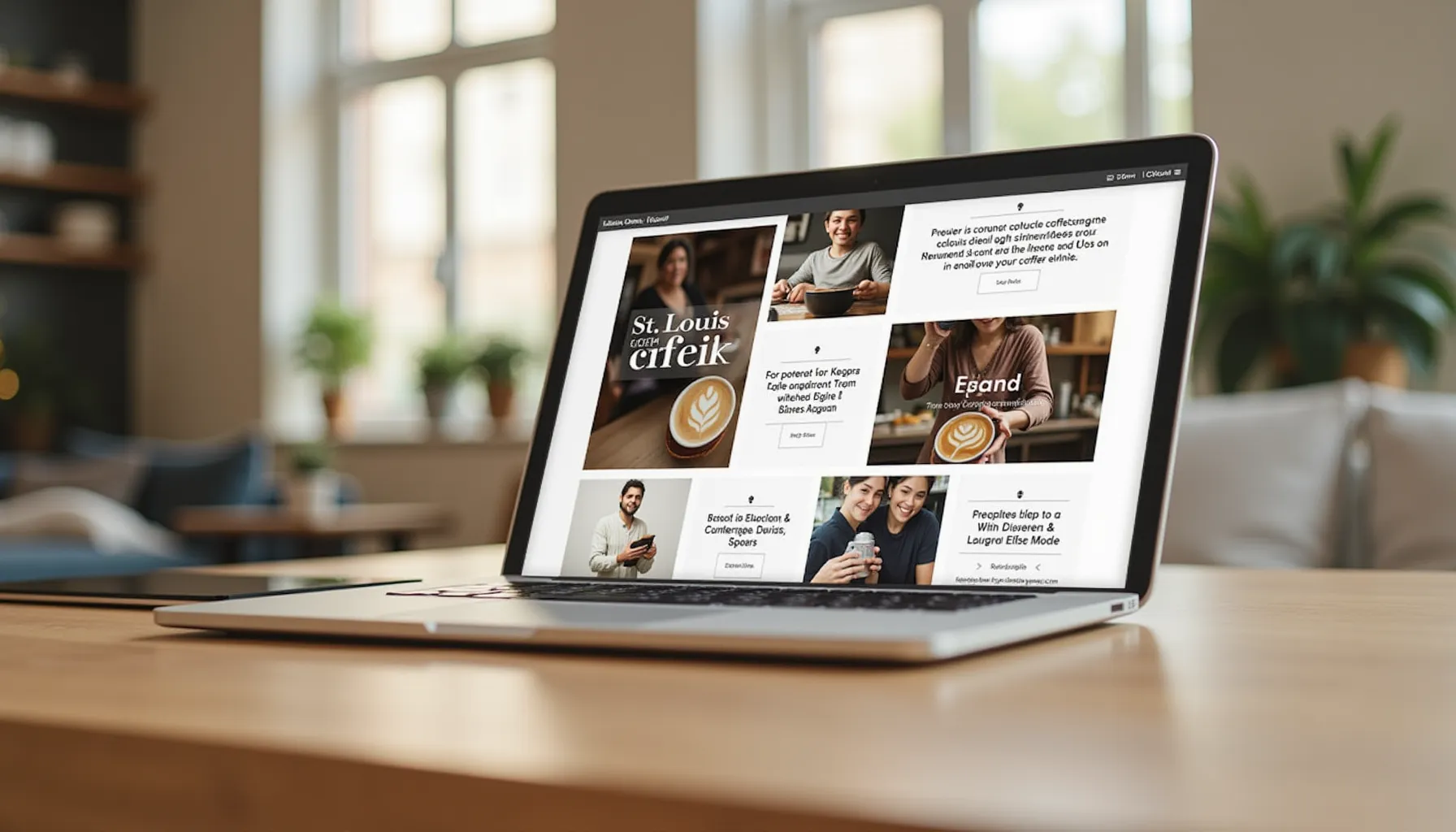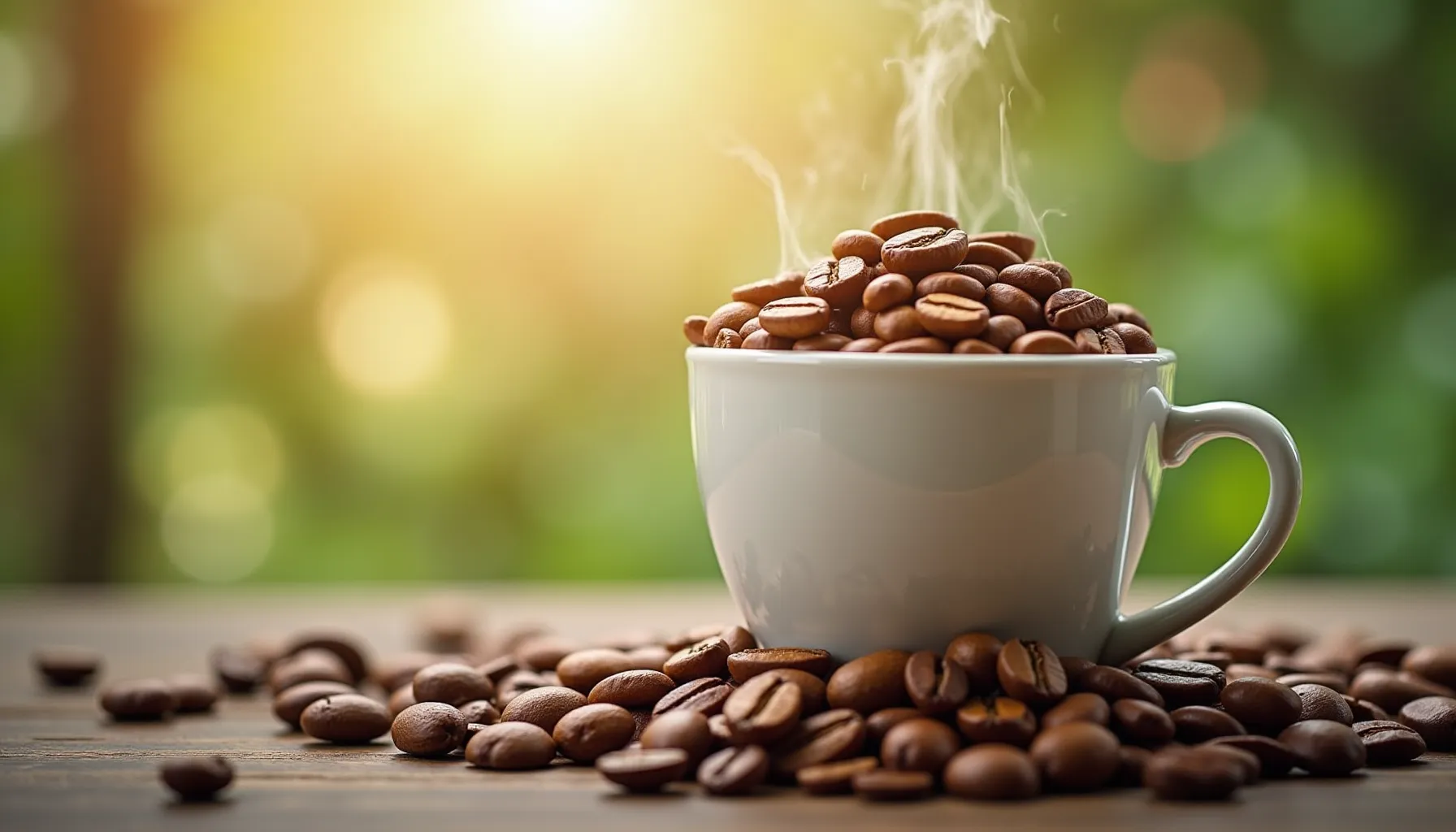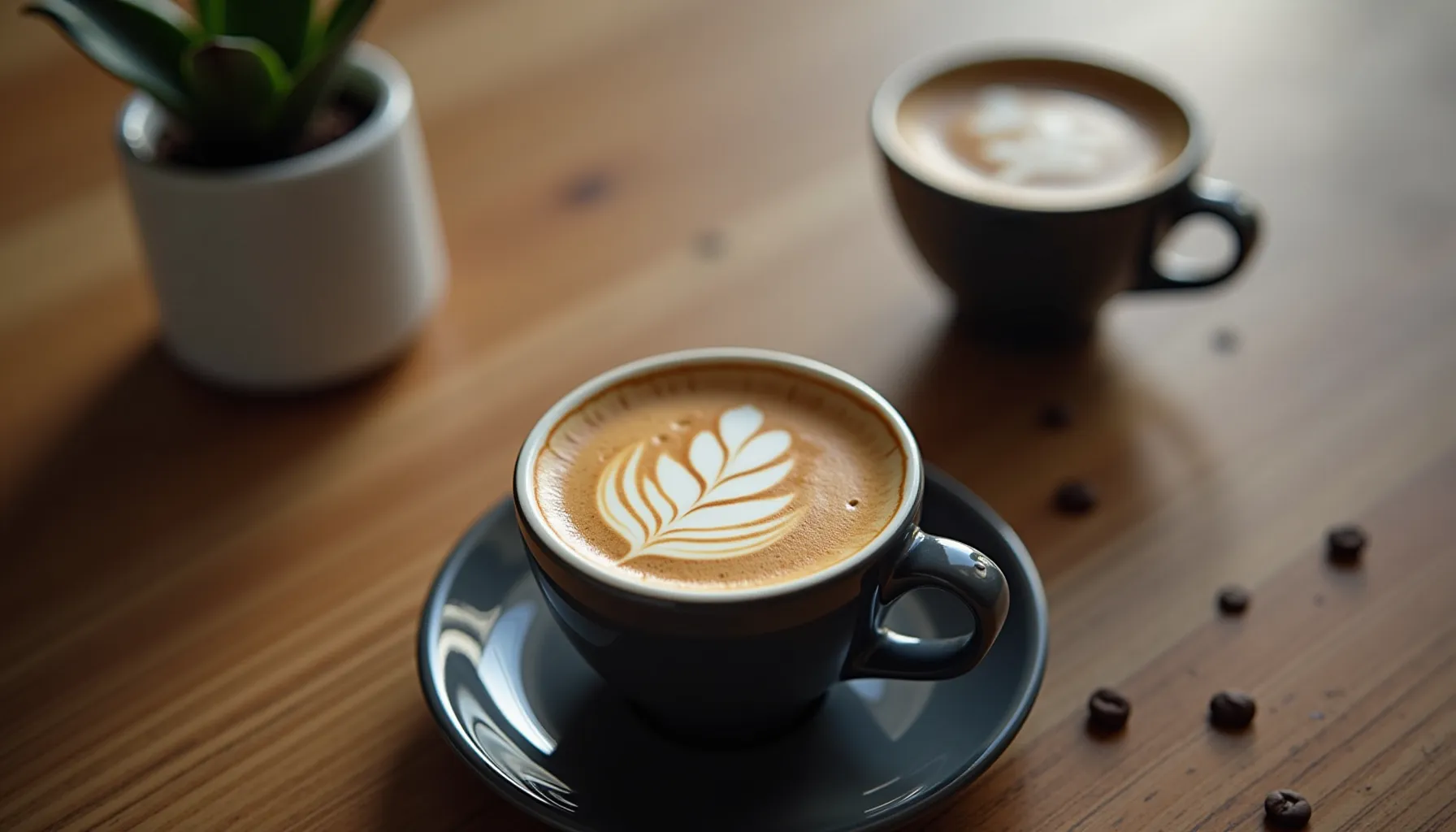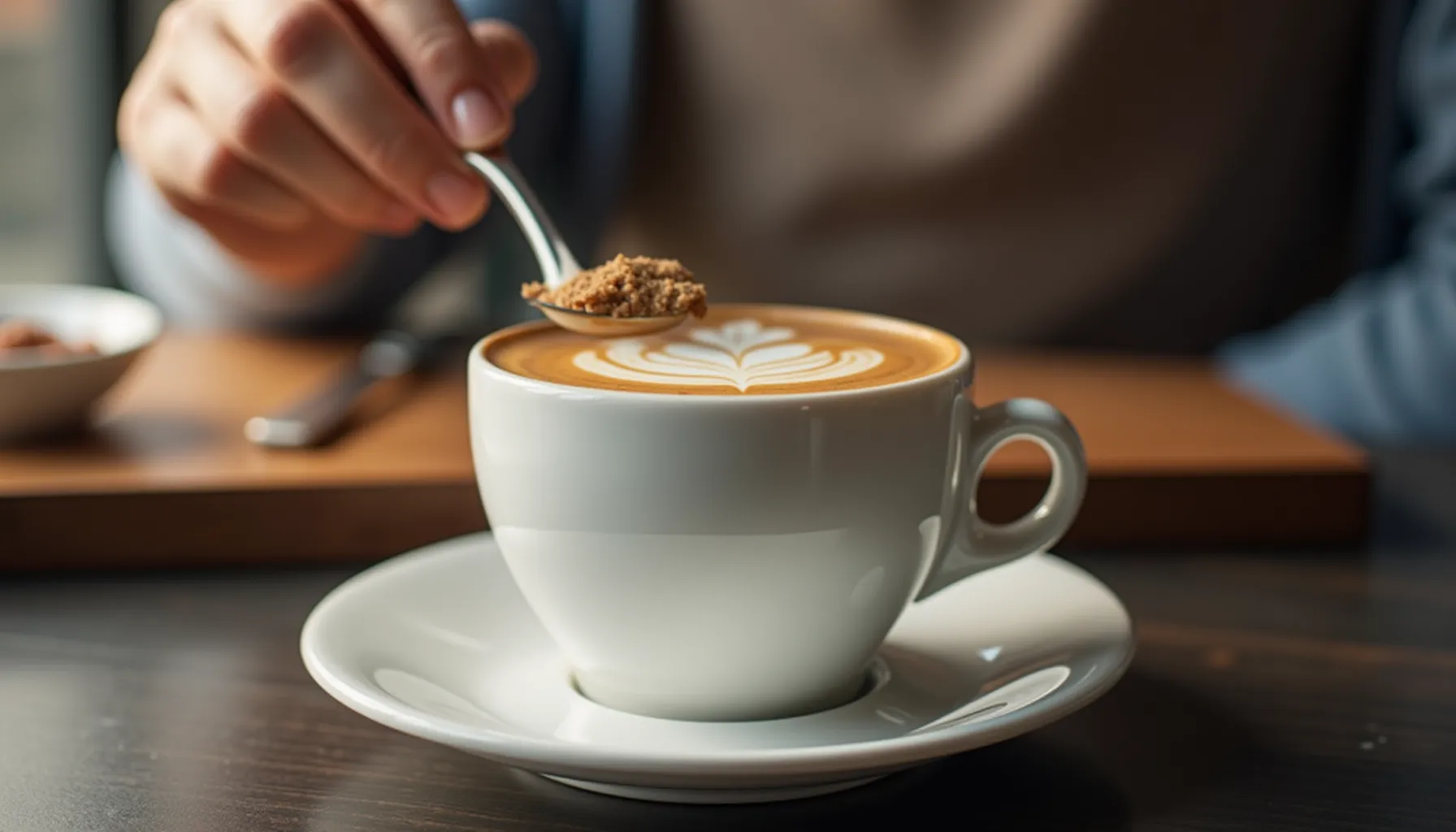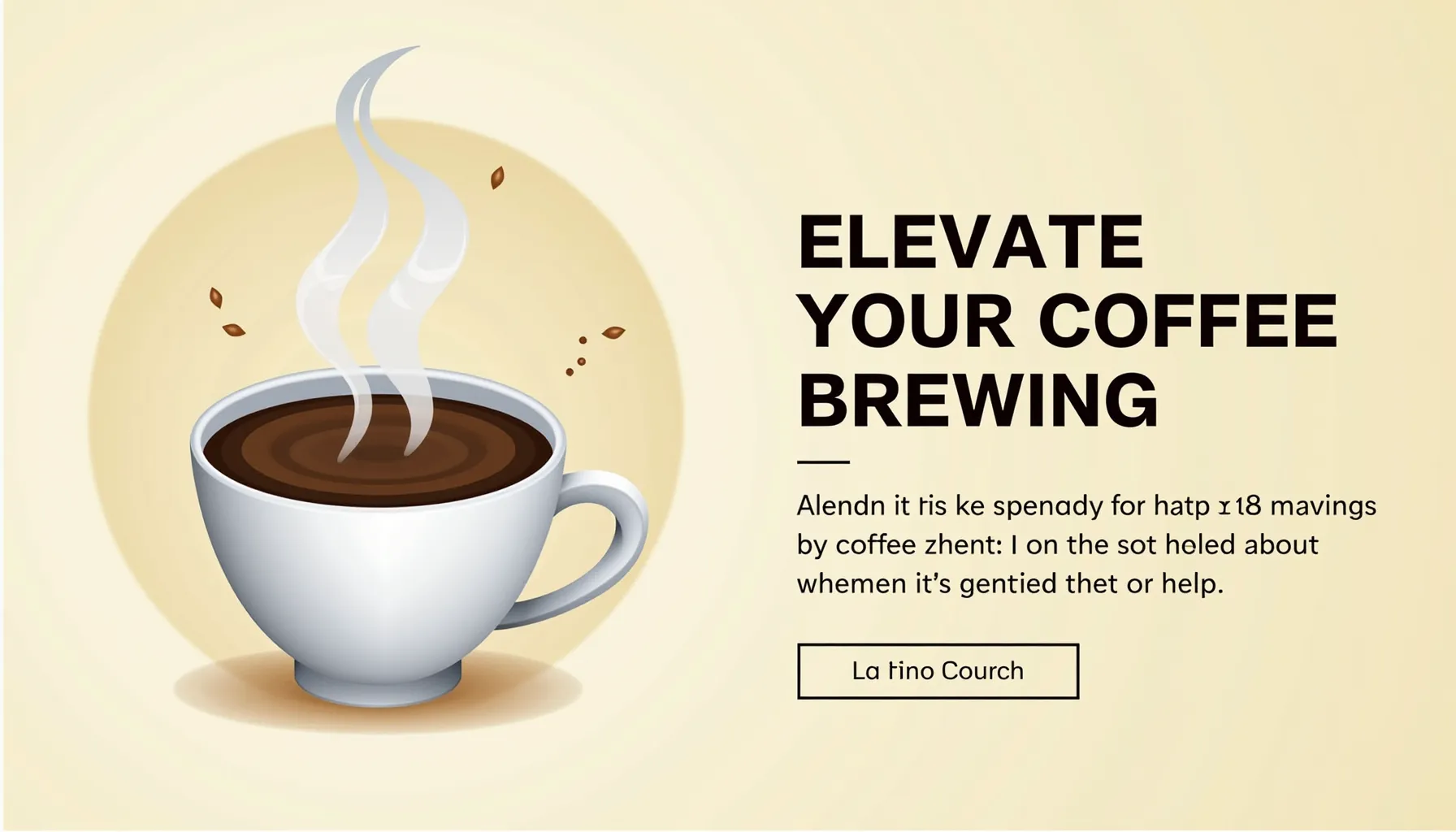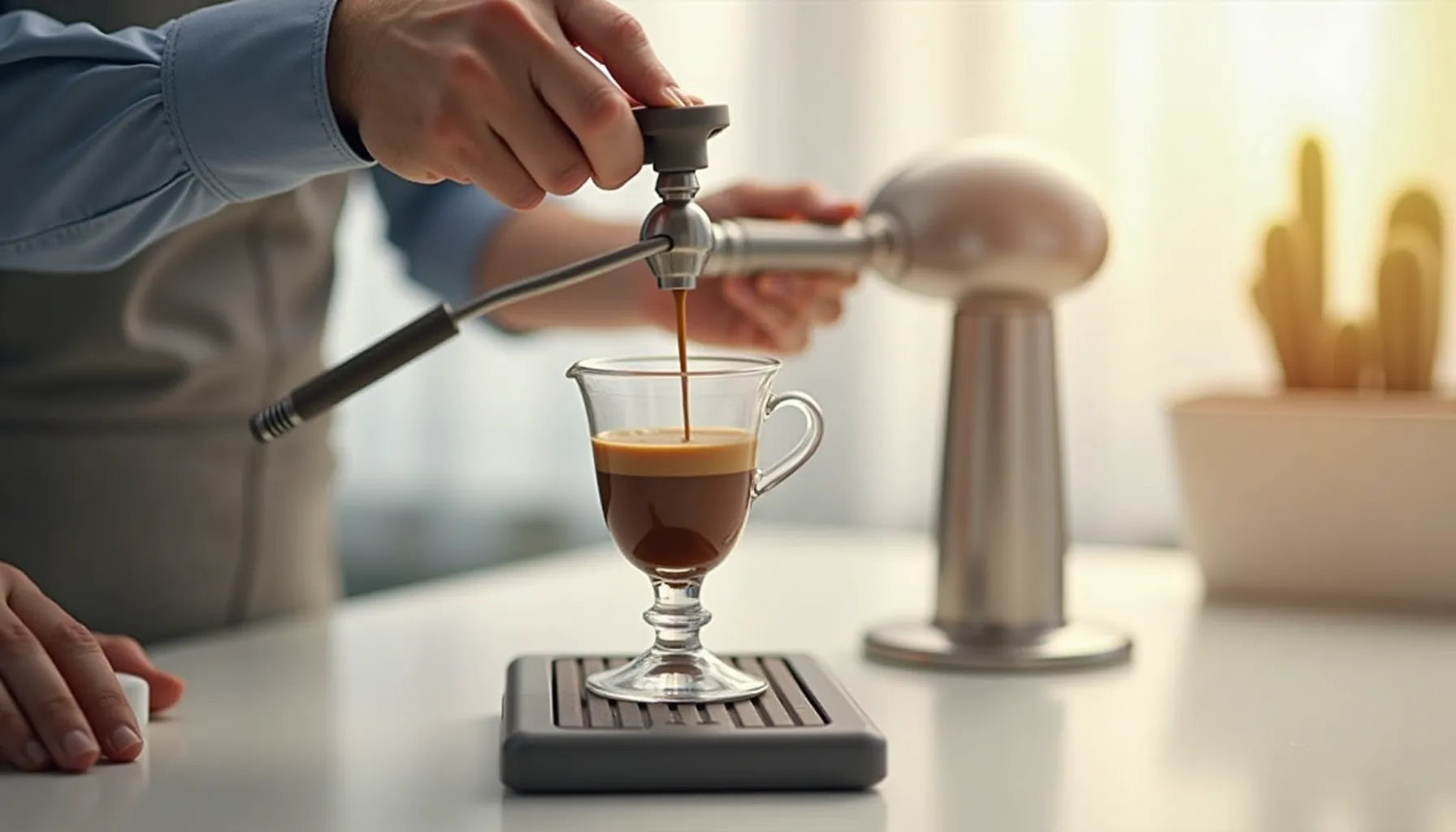Choosing the right beverage to fuel your day can feel overwhelming, especially with two giant contenders vying for your attention: coffee and tea. Each has its passionate followers and unique characteristics that make them not just drinks, but cultural icons and daily rituals.
Whether you're a busy professional seeking an extra kick of caffeine, a fitness enthusiast researching the best hydration options, or simply someone looking to enjoy a comforting afternoon cup, understanding the differences between coffee and tea can enrich your experience. This comparison isn't just about taste; it spans health benefits, caffeine content, preparation methods, and personal lifestyle choices.
In this article, we’ll compare coffee and tea based on key factors such as caffeine content, health benefits, flavor profiles, preparation techniques, and user preferences. By breaking down the pros and cons of each beverage, you’ll gain insights that will empower you to make a choice that aligns with your health goals and personal tastes.
By the end, you’ll know exactly which beverage suits your needs best—whether you crave the robust aroma of freshly brewed coffee or the soothing elegance of a perfectly steeped tea. Let’s embark on this caffeinated journey together and discover the perfect drink for you!

Overview Table
| Feature | Coffee | Tea |
|---|---|---|
| Caffeine Content | 95 mg per 8 oz | 20-95 mg per 8 oz (varies by type) |
| Health Benefits | Mood enhancement, reduced diabetes risk | Heart health, cognitive boost |
| Antioxidants | Chlorogenic acid, flavonoids | Catechins, theaflavins |
| Flavor Profiles | Rich, nutty, fruity | Floral, earthy, smooth |
| Preparation Methods | Drip, French press, espresso | Steeping, loose leaf, tea bags |
| Potential Side Effects | Anxiety, insomnia | Dietary interactions, caffeine sensitivity |
| Price | $1-$5 per cup | $0.30-$3 per cup |
Wake Up and Smell the Coffee
Coffee isn’t just a drink; it’s an experience. With a wide variety of methods from espresso to cold brew, coffee caters to a diverse audience seeking a quick energy boost and robust flavor. Its cultural significance runs deep, often being a centerpiece in social situations and work routines.
Key Features: Coffee is packed with caffeine (95 mg per 8 oz), offering a quick pick-me-up when you need it most. Packed with antioxidants such as chlorogenic acid, coffee has also been linked to various health benefits, including reduced risks of Type 2 diabetes and neurodegenerative diseases.
- Pros:
- Quick energy boost, ideal for busy mornings
- Wide variety of flavors and preparation methods
- Rich in antioxidants, beneficial for health
- Cons:
- High caffeine can lead to anxiety and insomnia
- Might cause dependency
Tea Time: The Elegant Alternative
Tea, with its calming characteristics and extensive varieties, offers a world of flavors and health benefits that can sometimes overshadow coffee. Whether it's a fragrant Earl Grey in the afternoon or a soothing chamomile before bed, tea can fit seamlessly into your lifestyle.
Key Features: With caffeine ranging from 20 to 95 mg per 8 oz (depending on the type), tea provides a gentler stimulation compared to coffee. Packed with antioxidants like catechins, tea promotes heart health and offers cognitive support, making it a favorite for those seeking a balanced beverage.
- Pros:
- Lower caffeine content, often leading to fewer jitters
- Rich in antioxidants, contributing to overall health
- An excellent option for hydration and relaxation
- Cons:
- Can have dietary interactions, especially with iron absorption
- Less variety in caffeine levels can be limiting for some
Head-to-Head Showdown
Now let’s compare coffee and tea directly on critical factors that matter to you.
| Aspect | Coffee | Tea |
|---|---|---|
| Caffeine levels | High (95 mg) | Varies (20-95 mg) |
| Health Benefits | Improved mental focus, reduces diabetes risk | Supports heart health, cognitive enhancement |
| Flavor Profiles | Complex, rich | Delicate, varied by type |
| Preparation Complexity | Moderate to High | Low to Moderate |
| Cost | $1-$5 | $0.30-$3 |
Finding Your Perfect Brew
Let’s look at specific scenarios where one option might shine over the other.
For the Busy Professional
If you’re rushing to meet deadlines and need a quick, effective energy boost to kickstart your day, coffee is your best bet. Its high caffeine content delivers immediate results, making it the go-to for early mornings or late nights.
For the Health-Conscious Sipper
On the other hand, if you’re looking for a drink that not only hydrates but also comes with numerous health benefits, tea is fantastic. Its lower caffeine levels and rich antioxidants make it an excellent choice for regular consumption throughout the day.
For Relaxation and Flavor Exploration
If you’re winding down at the end of a long day or exploring different flavors, tea provides a comforting experience. With a multitude of types and blends available, you can find the perfect match for your mood—whether it’s a calming chamomile or a spicy chai.
Conclusion
In the battle of coffee vs. tea, both beverages have their unique compelling features. Whether you lean toward coffee’s robust boost or tea’s calming elegance, your best choice should align with your personal needs, lifestyle, and health considerations.
Remember, the joy of these drinks lies not just in their benefits but also in the experience they offer. Whichever you choose, savor every sip and enjoy discovering your perfect brew!
Finding Your Perfect Brew: Final Thoughts
Throughout this comparison, we’ve explored the intricacies of coffee and tea, highlighting their unique strengths and weaknesses. Coffee, with its robust flavor and higher caffeine content, serves as a quick energy source, ideal for those in need of a boost. However, it can lead to jitters or sleep disturbances if consumed in excess.
On the other hand, tea offers a gentler stimulation and a plethora of antioxidants that contribute to heart health and overall wellness. While it generally contains less caffeine, it is rich in diverse flavors and options, making it perfect for those who enjoy a more soothing experience. The key takeaway is that both coffee and tea can play significant roles in your daily routine, depending on your needs and lifestyle.
If you’re a busy professional or someone looking for an immediate energy kick, opting for coffee would likely serve you best. However, if your focus is on long-term health benefits and hydration, tea would be the more suitable choice—especially if you enjoy exploring various flavors and blends.
Ready to elevate your daily beverage choice? Whether you decide on a smooth espresso or a comforting green tea, explore local shops, or consider trying branded options online to discover your favorite brew. Start your journey today and savor the experience that each sip brings!
Your Questions Answered
Q: What is the caffeine content difference between coffee and tea?
A: Coffee typically contains about 95 mg of caffeine per 8 oz serving, while tea can range from 20 to 95 mg depending on the type (green, black, herbal, etc.).
Q: Can I alternate between coffee and tea daily?
A: Yes, alternating between the two can provide the benefits of both caffeine sources while allowing for varied flavor experiences and health benefits.
Q: Is it possible to drink too much coffee or tea?
A: Yes, excessive intake can lead to negative side effects such as anxiety, insomnia, and digestive issues. Moderation is key with either beverage.
Q: How do I choose between coffee and tea based on my health goals?
A: If your main focus is on immediate energy and alertness, coffee may be the better choice. If you’re looking for hydration and antioxidant benefits, go for tea.
Q: Are there calorie differences between coffee and tea?
A: Both coffee and tea are low in calories if consumed without added sugars or creamers. However, variations, like lattes or sweetened teas, can significantly increase calorie content.




